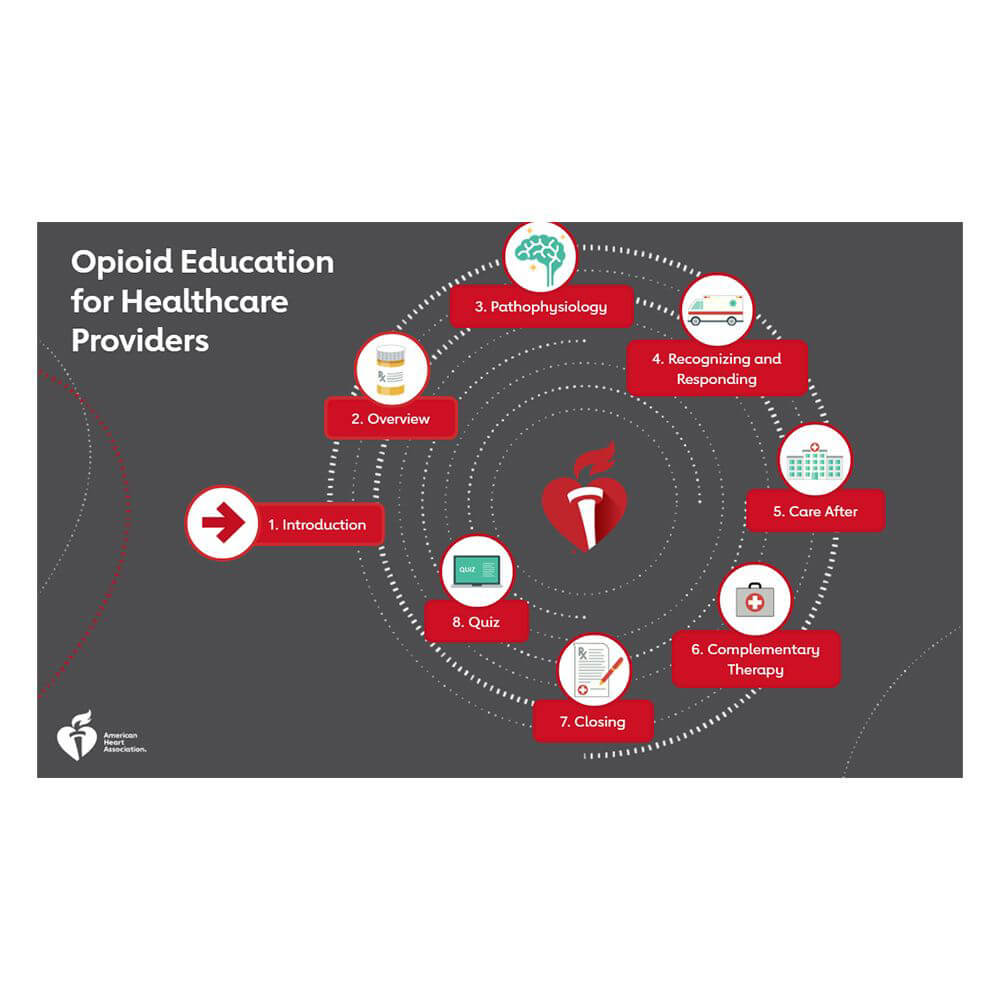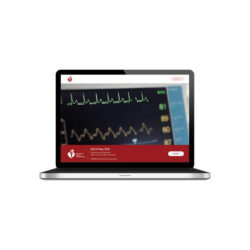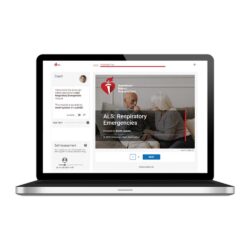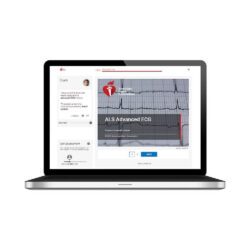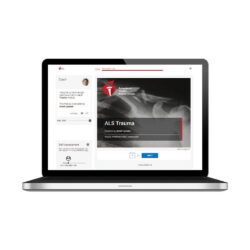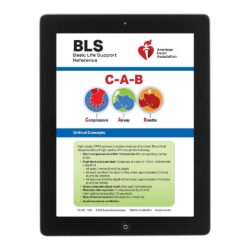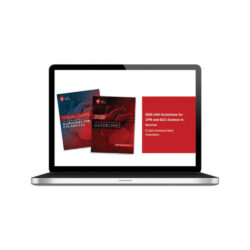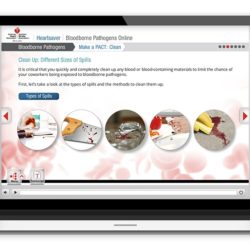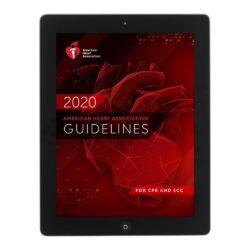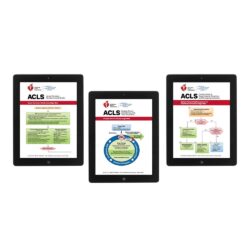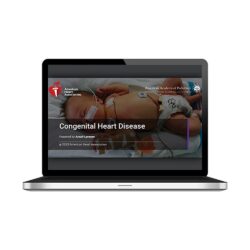2015 AHA Opioid Education for Healthcare Providers
Self-directed, eLearning course that teaches all levels of clinical healthcare providers how to provide immediate treatment and care for opioid overdose victims
A self-directed, eLearning course that teaches all levels of clinical healthcare providers how to provide immediate treatment and care for opioid overdose victims
- The course educates participants in the pathophysiology of opioid overdose; special considerations on how to care for overdose patients, including naloxone administration; recognizing the need for high-quality CPR; and use of a defibrillator as indicated.
- The course offers information on the importance and types of resources available for individuals after an opioid overdose, including medication-assisted therapies.
- This course covers adults only.
- Intended audience: EMTs/paramedics, nurses, physicians, and mid-level providers
- Approximate completion time: 30 minutes
- Tech requirements available at https://www.onlineaha.org/technical_requirements
- Course content is available for 24 months (2 years) following activation.
- You must provide an e-mail address when ordering this product. A key and instructional information will be sent to you in order to activate the course online.
- Shipping and handling fees will be removed when order is processed.
- Codes will be emailed within 24 hours when orders are placed between 7:30am–5:30pm CST Monday–Friday. If order is placed on Friday after 5pm CST, code will be emailed Monday morning.
- Upon successful completion of this course, students should be able to:
- Describe the current opioid epidemic in the USA.
- Review prescription pain medications and other drugs in the opioid epidemic.
- Describe opioid effects on the brain.
- Describe the pathophysiology of opioid overdose.
- Identify the various types of presentations of opioid overdose.
- Define what naloxone is and how it works.
- Identify when naloxone should be administered.
- Describe how naloxone is administered.
- Explain where a person at risk of opioid overdose can obtain naloxone.
- Explain relevant legislative protections for persons carrying naloxone.
- Identify the different treatment options for various types of opioid overdose presentations.
- Care after an opioid overdose.
- Describe the potential risk of a subsequent opioid overdose.
- Describe medication-assisted therapy and alternative pain management strategies.
- For successful completion of this course, resulting in a course completion certificate, students must:
- Review all modules and knowledge checks.
- Pass a knowledge skills test with a minimum score of 84%.
- Course modules include:
- Recognition and treatment of opioid overdose (use of CPR and reversal agents)
- Details of the opioid epidemic and opioid use disorder
- Pathophysiology of pain and opioids leading to addiction
- Managing acute pain with alternative pain management options
For U.S. customers only
Knowledge of how to perform CPR, including opening the airway, administering rescue breaths, and performing high-quality chest compressions, as well as early use of an AED, is highly recommended before taking this course.
eProducts cannot be returned once redeemed/activated.

